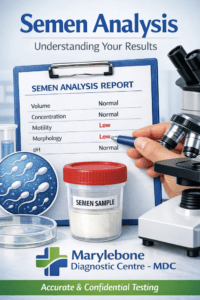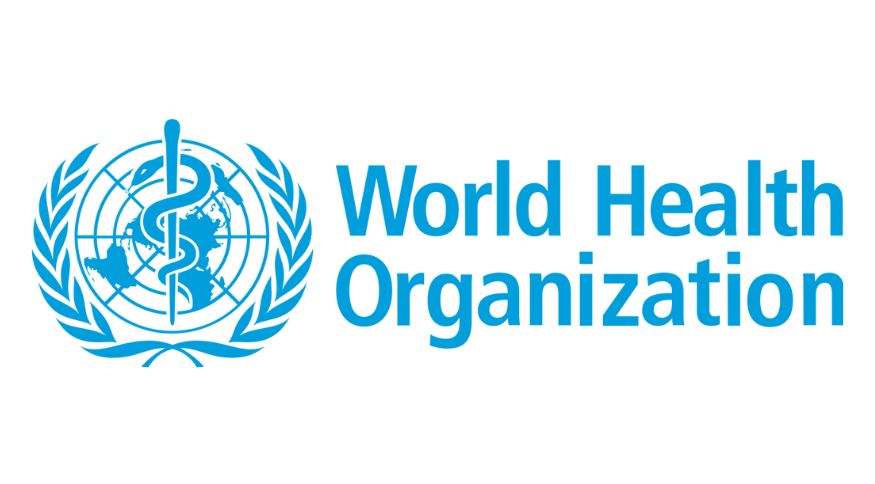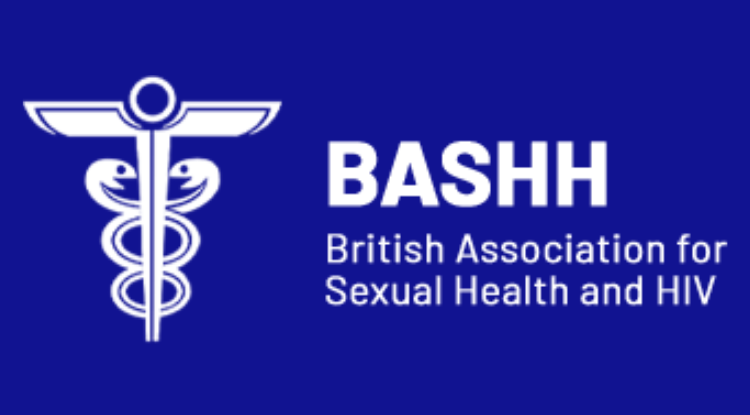
Hidden Symptoms of Low Testosterone in Men Over 35 in London
Reviewed by Dr Lauren Holland • Marylebone Diagnostic Centre
Results within 24 – 42 hours. Westminster residents receive 20% off.
Low testosterone is becoming increasingly common in men aged 35 to 55. Many men experience symptoms for years before considering hormone testing. Stress, long working hours, poor sleep, weight gain and alcohol can cause testosterone to drop earlier than expected. In London, these lifestyle pressures are widespread.
At Marylebone Diagnostic Centre (MDC), we see many men with unexplained fatigue, low motivation or sexual health concerns that turn out to be linked to low or borderline testosterone levels. This article explains the early signs, why low testosterone is often missed and the tests that provide clarity.
Why Testosterone Levels Fall Earlier Than Before
Several modern lifestyle factors contribute to declining testosterone in younger and middle-aged men:
These factors create slow and gradual hormone changes that are easily missed.
Early Symptoms of Low Testosterone
Symptoms may appear gradually and vary from man to man. Many men attribute these changes to stress or ageing rather than hormonal imbalance.
- Fatigue
- Reduced motivation
- Low libido
- Difficulty maintaining erections
- Decreased morning erections
- Low mood or irritability
- Loss of muscle mass
- Increased body fat, especially around the stomach
- Brain fog
- Slower recovery after exercise
- Poor sleep
- Decreased confidence or drive
Men may experience only a few symptoms, but even mild changes can indicate hormonal imbalance.
How Low Testosterone Affects Daily Life
Testosterone influences more than sexual health. It affects:
- Energy levels
- Mental clarity
- Muscle strength
- Bone health
- Mood and confidence
- Cardiovascular health
- Metabolism
Men often say they “don’t feel like themselves” until testing identifies the cause.
Why Low Testosterone Is Often Missed
Low testosterone frequently goes undiagnosed for these reasons:
A targeted hormone panel at MDC helps identify subtle changes that routine tests may miss.
Blood Tests That Diagnose Low Testosterone
Accurate diagnosis requires comprehensive hormone testing.
Recommended tests at MDC:
These tests are available same-day with results in 24–42 hours.
Lifestyle and Medical Conditions Linked to Low Testosterone
Several conditions may contribute to lower levels:
- Obesity
- Diabetes and prediabetes
- Sleep apnoea
- Chronic stress
- Heavy alcohol intake
- Certain medications (e.g., steroids, antidepressants)
- Thyroid disorders
- High blood pressure
Testing helps determine the underlying cause.
When Men Should Test Their Testosterone
Testing is recommended if men experience:
- Reduced morning erections
- Low libido
- Unexplained fatigue
- Difficulty concentrating
- Increased belly fat
- Mood changes
- Poor gym performance
- Low motivation
- Difficulty maintaining erections
- Sleep disruption
Testing is also advised for men with:
- Type 2 diabetes
- High blood pressure
- High stress
- Obesity
- Sleep apnoea
- Family history of hormone issues
Low Testosterone and Fertility
Low testosterone does not always mean low fertility, but hormone imbalance may affect:
- Sperm production
- Sexual function
- Ejaculation volume
- Libido
MDC offers:
- Comprehensive Semen Analysis
- Sperm morphology, motility and count
- DNA Fragmentation testing
These tests help build a full picture of reproductive health.
Treatment Depends on the Cause
Lifestyle advice may help in early cases:
- Improving sleep
- Reducing alcohol
- Losing abdominal fat
- Strength training
- Reducing stress
- Correcting vitamin deficiencies
Men with significant hormonal imbalance may require medical treatment, but only after thorough testing and clinical assessment.
The Marylebone Diagnostic Centre Approach
- Fast results within 24–42 hours
- Full male hormone panel
- Semen analysis where indicated
- Cardiac Profile (MLCP2) for metabolic risk
- Clear explanations from clinicians
- Private and discreet consultations
- QC-validated laboratory accuracy
- Open Monday to Saturday
- Five-minute walk from Baker Street Station
Westminster residents receive 20% off
Book Your Male Hormone and Testosterone Test in London
Marylebone Diagnostic Centre
73 Baker Street, London W1U 6RD
Tel: +44 7495 970109
Monday to Saturday, 08:00–16:00
Fast and confidential testing for men with fatigue, low libido or hormonal symptoms.
Quick Links
- Male Hormone Profile
- Testosterone Profile
- Men’s health
- Kidney Function Test
- Vitamin D Blood Test
- Vitamin B12 Test
- Iron and Ferritin Profile
- Thyroid Profiles
- Full Blood Count
- HbA1c Test
- Fatigue and Energy Profile
- Advanced Wellness Profile
- Hair Mineral Analysis



















